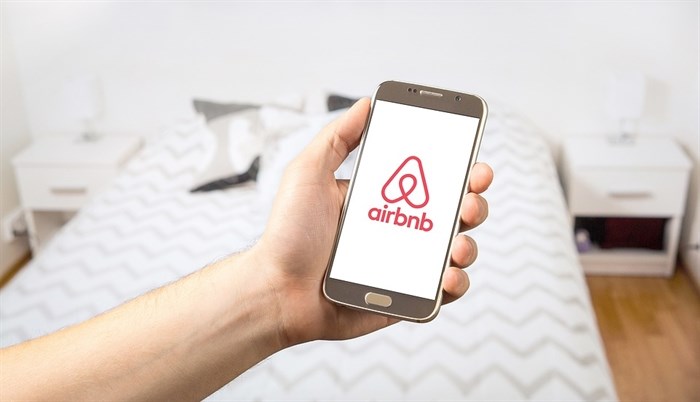Rowdy short-term rentals in Kelowna not going to disappear any time soon
While Kelowna city council has moved ahead with changes to its short-term rental rules that are tougher than what the province has proposed, it’s still going to be a challenge to crack down on the bad apples in the market.
“I hear regularly from the public how frustrated they are that we can’t bring the bad players under control,” Coun. Luke Stack told city council yesterday, Jan. 15.
“The problems we’ve experienced – and I’ve heard from the public – are the secondary use applications, primarily in single-family neighbourhoods, primarily where non-resident owners own the properties and just bring tremendous grief to the neighbourhood.”
The province’s new rules take effect May 1 and will allow homeowners to only rent their primary residence on the short-term market. That means they have to live there more than anywhere else.
One type of short-term rental currently allowed in Kelowna permits the primary owner to rent short-term as a secondary use, meaning they are supposed to live in the units most of the time.
There are 498 such licenced units, most in single-family neighbourhoods. The city plans to “grandfather” those so they can continue to be rented out.
But that’s where the majority of complaints city staff are getting are coming from. Those complaints are also the toughest to enforce, especially when it comes to noise, nuisance, parking and garbage issues.
“Within the 498, there are very likely some that aren’t complying with their licences,” Ryan Smith, the city’s Community Planning Department manager, told iNFOnews.ca. “Some were just brought to our attention this morning. Those ones we’ll review on a complaint basis and probably do some proactive monitoring on as well.”
Some of those 498 units will lose their licences, especially those with absentee owners.
The city is banning short-term rentals in all zones, meaning no new secondary use licences will be issued and, since licences can’t be transferred if the properties sell or the licences aren’t renewed within six months of expiring, the total number of units will decline further over time.
This is where the city is going further than the province. The province will allow short-term rentals as a secondary use as long as they meet primary residency rules.
The city's rules, therefore, mean no new licences will be issued by the city.
READ MORE: New provincial rules mean Kelowna to lose 700 short-term rentals
But there's a catch.
There are currently about 700 licenced short-term rentals that are in buildings zoned for that use, whether the owner lives there at all. That means the rentals are considered a primary use.
Those will all become illegal on May 1 unless the city applies for an exemption.
City council asked staff to draft a list of buildings that could possibly be exempted from the provincial primary residency rule, given that many of those buildings were marketed to buyers who just wanted to rent their units out short-term.
Initially, it looked like that impacted 13 buildings in the city but Smith said there has been a flood of inquiries that are making him think that list could end up being longer.
He will not put buildings on the exemption request list if the strata council is opposed nor will he forward applications for individual units.
The province has set a Feb. 29 deadline for applications so Smith wants to report back to council within four weeks with the list of possible exemptions.
The province has said a city can only apply for a city-wide exemption from the primary residence rules if its rental vacancy rate is above 3% for two years. The last time Kelowna’s rental vacancy rate was that high was in 2012.
The province will also consider properties that were zoned for short-term rentals as a primary use, Smith said. He expects the province to take things like housing supply and other actions a city is taking to encourage construction of dedicated rental housing into account.
If the exemptions are granted, the city may start accepting new licence applications for units in those buildings currently not in the rental pool.
To contact a reporter for this story, email Rob Munro or call 250-808-0143 or email the editor. You can also submit photos, videos or news tips to the newsroom and be entered to win a monthly prize draw.
We welcome your comments and opinions on our stories but play nice. We won't censor or delete comments unless they contain off-topic statements or links, unnecessary vulgarity, false facts, spam or obviously fake profiles. If you have any concerns about what you see in comments, email the editor in the link above. SUBSCRIBE to our awesome newsletter here.




